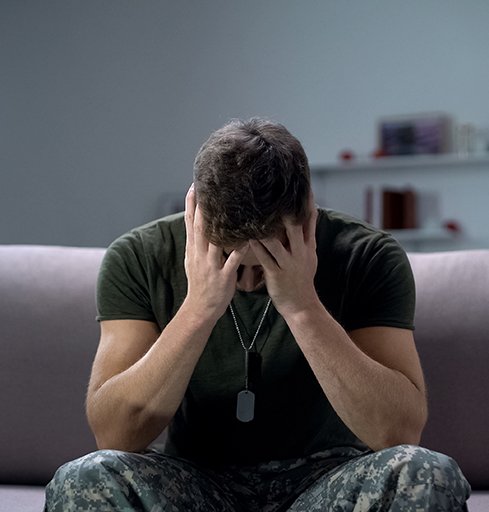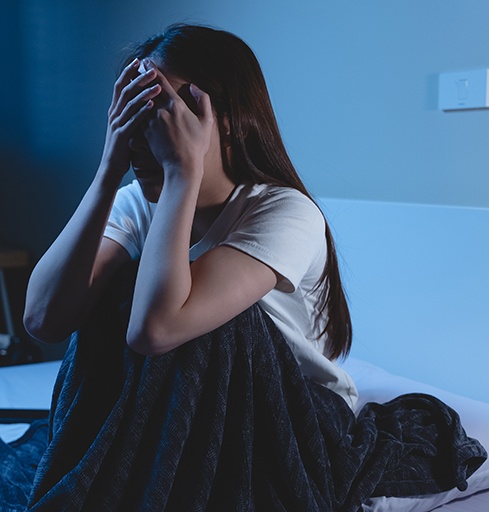Post-Traumatic Stress Disorder (PTSD) Westfield and Wall Township
Start Living Life Again

According to one estimate, around 13 million adults in the U.S. struggle with post-traumatic stress disorder (PTSD). If you are among them, your condition may adversely affect various aspects of your daily existence. How can you start living your life again? Our Westfield team would like to help. We offer a few types of treatment that have proven to be successful in minimizing the effects of PTSD. Continue reading below to learn more, and then contact us if you would like to request a consultation.
What Is Post-Traumatic Stress Disorder (PTSD)?

PTSD is a mental health condition that occurs in some people who experience or witness a terrifying or stressful event. For example, it is much more common among war veterans than it is among the general population. It may also be caused by accidents, sexual assault, abuse, or a range of other harmful situations.
It is worth noting that many people find it difficult to adjust after a traumatic event. However, with time and self-care, they are able to bounce back. PTSD is more severe and may go on for months or even years. It is also important to acknowledge that there are different levels of PTSD, which may manifest themselves in different ways.
Symptoms of PTSD

PTSD can cause many different symptoms, including:
- Flashbacks or nightmares about the terrifying event.
- Severe emotional distress or physical symptoms when you are reminded of the event.
- Active avoidance of anything that reminds you of the event.
- Overall negative changes in thinking and mood.
- Trouble sleeping and concentrating.
- Self-destructive behavior.
- Irritability, bursts of anger, and aggressive behavior.
PTSD symptoms can vary in their intensity. For many people, they get worse during times of stress.
How We Can Help Treat Post-Traumatic Stress Disorder

Our team has great empathy for individuals with PTSD. We offer a number of treatments that have proven helpful to many patients. When you come to visit us, we will talk with you to learn about your symptoms, any other treatments you have tried, and your goals for treatment. From there, we will be able to recommend your next steps. We might decide that one or more of the following could be beneficial for you:
Spravato
Spravato is a fast-acting nasal spray that works within the brain to increase synaptic connections and modulate the glutamate system, which is important for mood regulation. It may lead to a significant reduction in the severity and frequency of PTSD symptoms.
TMS Therapy
Transcranial magnetic stimulation (TMS) is a non-pharmaceutical treatment for PTSD and other mental health conditions. It uses electromagnetic energy to rebalance brain chemistry and help with mood control, impulse control, and decision making. In one study, 70% of war veterans with PTSD no longer experienced major symptoms after TMS therapy.
Cognitive Behavioral Therapy
Cognitive behavioral therapy (CBT) is a form of talk therapy, wherein we help to identify and modify harmful thought patterns, which can lead to positive changes in behavior and overall mood.
Learn More about Cognitive Behavioral Therapy
Medication Management
When it comes to mental health, finding the right balance of medications can be challenging. Our team can evaluate what you are currently taking and recommend adjustments that may lead to positive results for your PTSD. The goal is to reach a point where your symptoms are under control and you are not having to deal with severe side effects.



